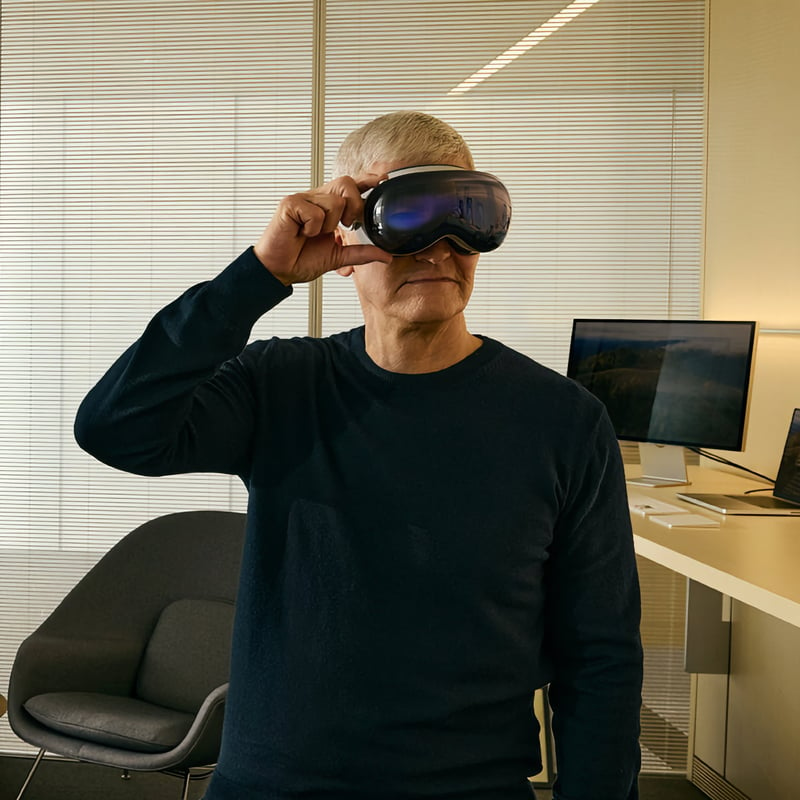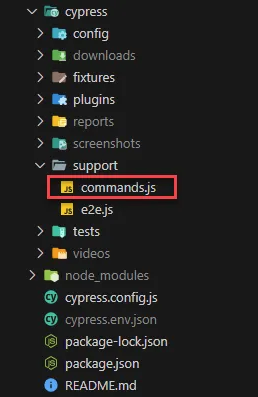Editor Note: I will now cross-post all my english and french content on DEV.to and on my blog https://jmfayard.dev/
Today we are answering…
Sloan’s Inbox: How to answer “Where do you see yourself in 5 years?” when I’m content where I am.
Sloan the DEV Moderator for The DEV Team ・ Mar 14
#career
The answer of course is to answer that you don’t know
Predictions are hard, especially when they are about the future.
No seriously, the question is bad, it makes candidate incomfortable and doesn’t typically bring out interesting and reliable information about the candidate.
Which is a problem, because that’s the whole point of the interview.
In our case, the interviewer managed to make someone feel guilty about… loving his job and being good at it.
I love my job, and I’m good at it. But I don’t have greater ambitions than where I am now.
He is afraid to answer honestly
I’m afraid if I say I see myself in my current position, I’ll seem lazy and disengaged (I’m really not! I’m enthusiastic!)
I personally rank this is as a big fail from the interviewer side.
Some might be tempted to object that a good candidate should have canned answers ready for all kind of bullshit questions we throw at her
… but I absolutely disagree.
Being a good candidate should not be a second job
Remember back of the day where we didn’t care much about usuability. We had our software, it was not perfect but it worked. Users complained that it was hard to use. From our side we complained that they were too lazy to RTFM.
Thing went on and on, and then we realized that the user is not trained or paid to use our software.
We are the professional and it’s our job to think about usability and make sure we understand the user so much that we will remove the obstacles on her path before she can see it.
The same principle holds in a job interview
The candidate is neither trained nor paid to be a good candidate.
Her real job is to be a good developer, and that’s what the interview should be all about.
The interviewer is the professional, he is paid for that, he can prepare things in advance. That’s his job to think about what makes candidates uncomfortable for no value to the company. And get those obstacles out of the way.
The right way to ask this question is therefore to flip things on its head :
At our company, someone like you will have three typical paths to evolve on a timeframe from 5 year
Path A where loren ipsum…
Path B where loren ipsum…
Path C where loren ipsum….
Which one seems more attractive to you ?”
Doesn’t that seem more manageable ?
How to help the interviewer do his job well
Alas in practice most interviewer don’t have any formal training, and just go with the flow.
Hope is not lost though, because you can answer like this :
Q: What do you see yourself doing in 5 years ?
A: Well great question, that’s exactly the kind of big picture questions I struggle with.
In your experience, what would be the three paths someone like me can typically evolve in such a timeframe ?
And you can back to the previous story.





